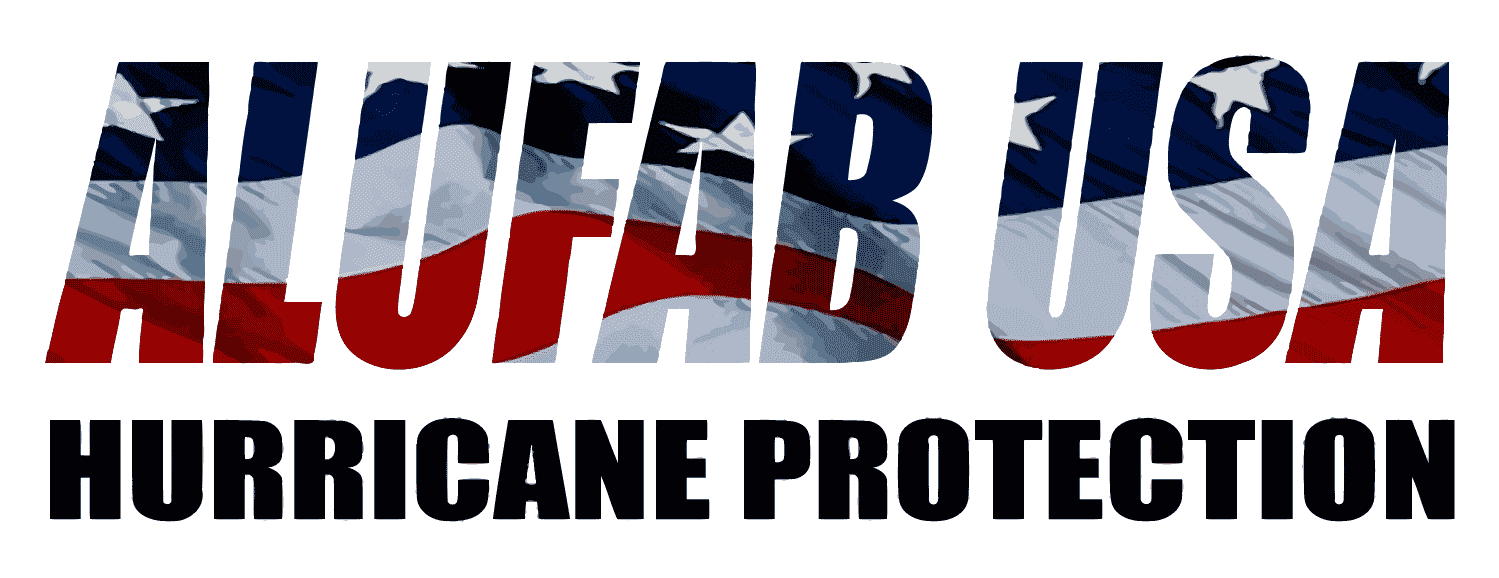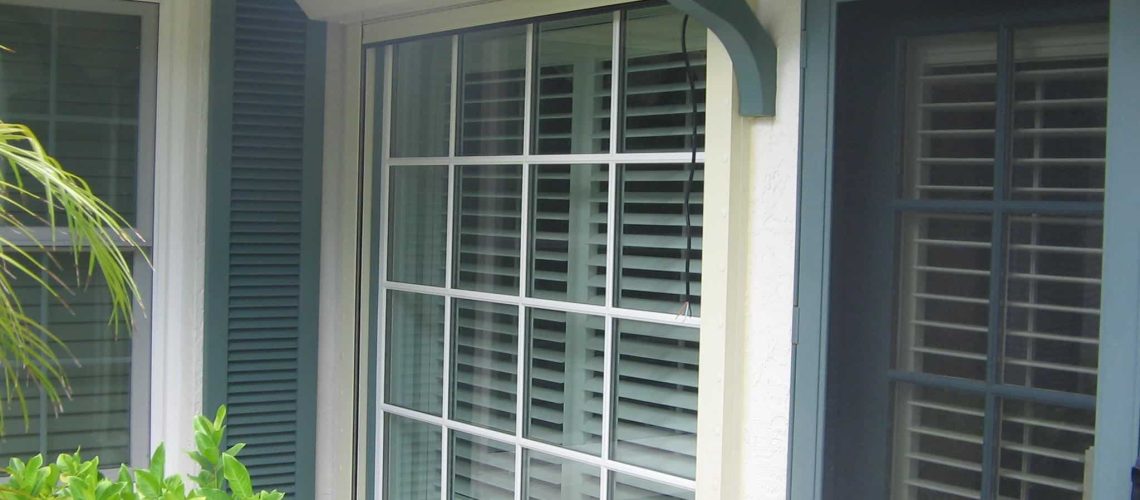If you’re buying or remodeling a home, you need to know about the building codes designed to help minimize damage during hurricanes and other severe weather. Florida’s building codes for hurricane protection are some of the most stringent in the country, designed to minimize damage from hurricanes and protect lives. These codes focus on ensuring that structures can withstand the high winds, flying debris, and heavy rain associated with hurricanes. Here’s an overview of the key requirements:
1. Wind Resistance Standards
- Structures in Florida must be built to withstand specific wind speeds, which vary by region. The Florida Building Code (FBC) divides the state into wind-borne debris regions, with wind speeds ranging from 140 to 200 mph in high-risk coastal areas.
- Building materials such as windows, doors, and roofs must meet these wind-resistance standards to reduce the risk of structural failure.
2. Impact-Resistant Windows and Doors
- In areas where wind speeds exceed 120 mph, the FBC requires the installation of impact-resistant windows and doors or the use of shutters to protect openings.
- Impact-resistant products must undergo rigorous testing to ensure they can withstand flying debris without breaking. These tests are based on standards set by the Miami-Dade and Florida Product Approval System.
3. Roofing Requirements
- Roofs must be securely fastened to prevent uplift caused by strong winds. This includes the use of hurricane straps or clips.
- Roofing materials must meet minimum wind resistance ratings and be installed according to manufacturer specifications to ensure durability in severe weather.
4. Hurricane Shutters
- Homeowners can opt for hurricane shutters to protect windows and doors. These shutters must meet FBC standards for impact resistance and be properly installed to ensure effectiveness.
5. Anchoring and Foundation Requirements
- Structures must be anchored to their foundations to resist lateral and uplift forces from high winds. Foundations must also be designed to handle the soil and flooding conditions typical in hurricane-prone areas.
6. Flood Zone Requirements
- Homes in designated flood zones must meet additional standards, including elevation above base flood levels and the use of flood-resistant materials.
Importance of Compliance
Compliance with the Florida Building Code is critical for homeowners and builders. Not only does it protect lives and property, but it also ensures eligibility for insurance and reduces repair costs after a storm. By adhering to these standards, Florida continues to lead in hurricane-resilient construction.

